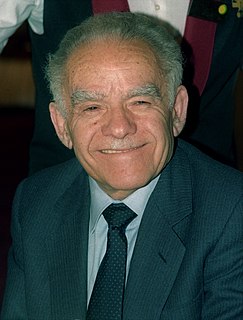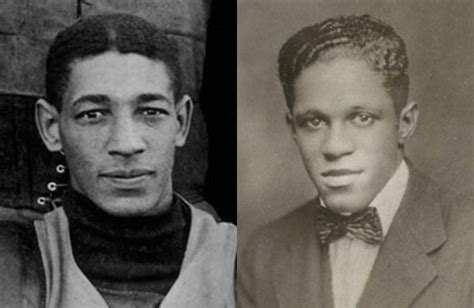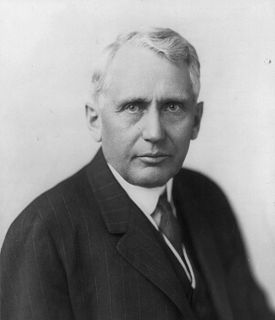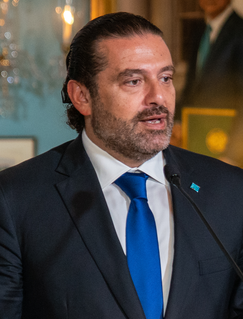A Quote by Stephen Kinzer
During the Cold War, America took sides not only in disputes between Arab countries, but also in debates within them.
Related Quotes
Some people say that the West has a cruel history. These people also may see the achievements of Western countries - in terms of the economy, education, health, and social achievements - as a result of exploitation of poorer countries, including Arab countries. Western nations get rich by using resources such as Arab oil. Meanwhile, the countries supplying them raw materials remain poor. Due to such injustices, jealousies are created.
During the Cold War, tensions between the West and the Soviet Union affected virtually all countries worldwide. As a result, throughout Latin America, guerrilla groups emerged, seeking to destabilize military dictatorships and attain democracy, freedom, and policy reform - goals that they believed could not be achieved peacefully.
There is something very consistent about governance in the Arab world. Among the Arab countries today in which there is a modicum of internal stability, each is controlled by an Arafat-type figure - an anti-democratic strongman who is able to crush all challenges to his authority. Likewise, among those Arab countries that aren't ruled by a despot, the political dynamic is also consistent: In Lebanon, Iraq, and now Gaza, sectarian violence is the dominant form of political expression.
In all countries, in all centuries, the primary reason for government to set up schools is to undermine the politically weak by convincing their children that the leaders are good and their policies are wise. The core is religious intolerance. The sides simply change between the Atheists, Catholics, Protestants, Unitarians, etc., depending whether you are talking about the Soviet Union, the Austro-Hungarian Empire, America, etc. A common second reason is to prepare the boys to go to war and the girls to cheer them on.
What is a country? A country is a piece of land surrounded on all sides by boundaries, usually unnatural. Englishmen are dying for England, Americans are dying for America, Germans are dying for Germany, Russians are dying for Russia. There are now fifty or sixty countries fighting in this war. Surely so many countries can't all be worth dying for.


































